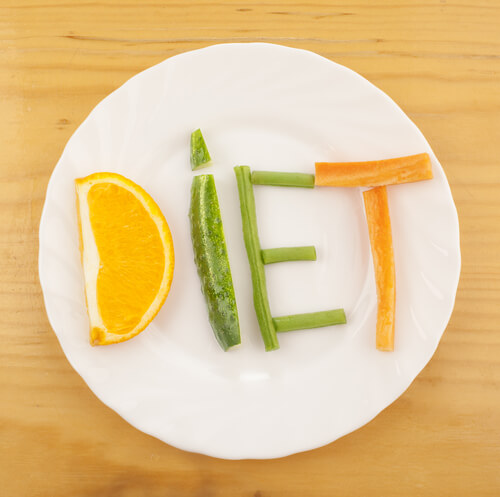Are You on a Low-Fat Diet? Here’s What You Have Been Missing Out on

For a long time now, public health philosophies have railed against eat high fat diets. They have heavily pushed the idea that we should all subscribe to a low fat diet. But this is an oversimplification of a complex issue. The bottom line is not all fats are unhealthy for you, in fact, many fats are necessary and have truly positive benefits. Dietary fats come in a large range and can help low your risk of obtaining chronic diseases, especially heart disease.
Dietary fats can help to reduce the concentration of fats in the blood known as triglycerides. They also work to increase the concentration of HDL, “good” cholesterol, and lower the “bad” LDL cholesterol. Including fat in your diet has also been shown to help significantly with weight loss. Human beings have a natural biological preference towards enjoying the taste of fat. Removing fat from the diet can lead to compensating via the increased consumption of dietary carbohydrates to compensate for the lack of appeal and flavor in foods. Eating massive amounts of carbs is one of the fastest and most efficient ways to increase your waistline.
Although not all fats are bad, it is still important to eat a balanced diet. This includes the types of fats you’re eating. You should have a diet that is moderately high in fat, but the fats are proportionally balanced. A third of the total fat should be saturated fats (butter, ghee, fatty beef, lamb, etc.), another third should be monounsaturated fats (nuts, avocado, olive oil, canola oil, etc.), and the final third should be polyunsaturated fats (walnut, sunflower seeds, salmon, tuna, mackerel, etc.). If you’re really struggling to get the right balance of fats in your diet, it is recommended that you subscribe to the Mediterranean diet. It does a great job of balancing out fats.

